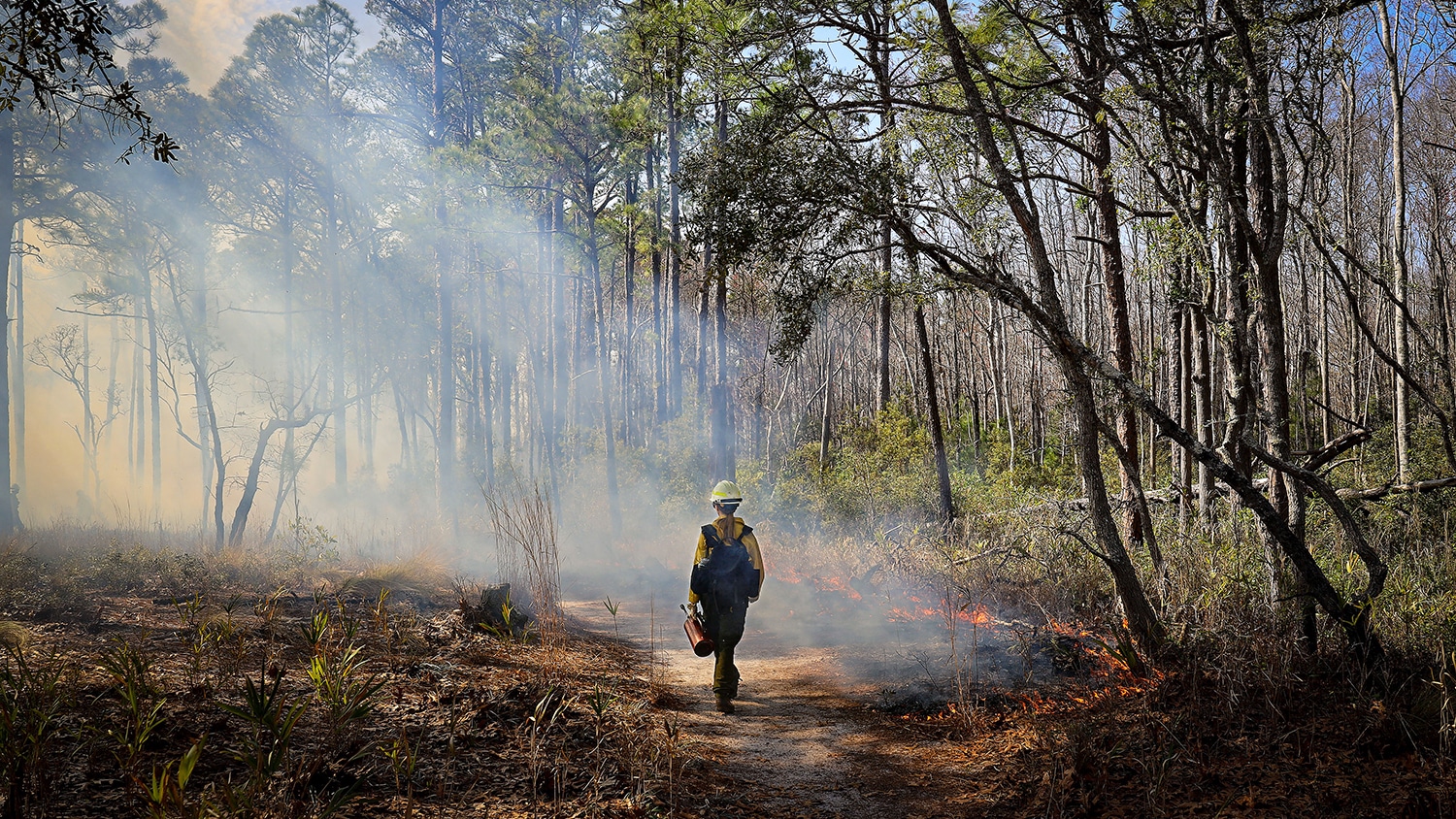Forest Health
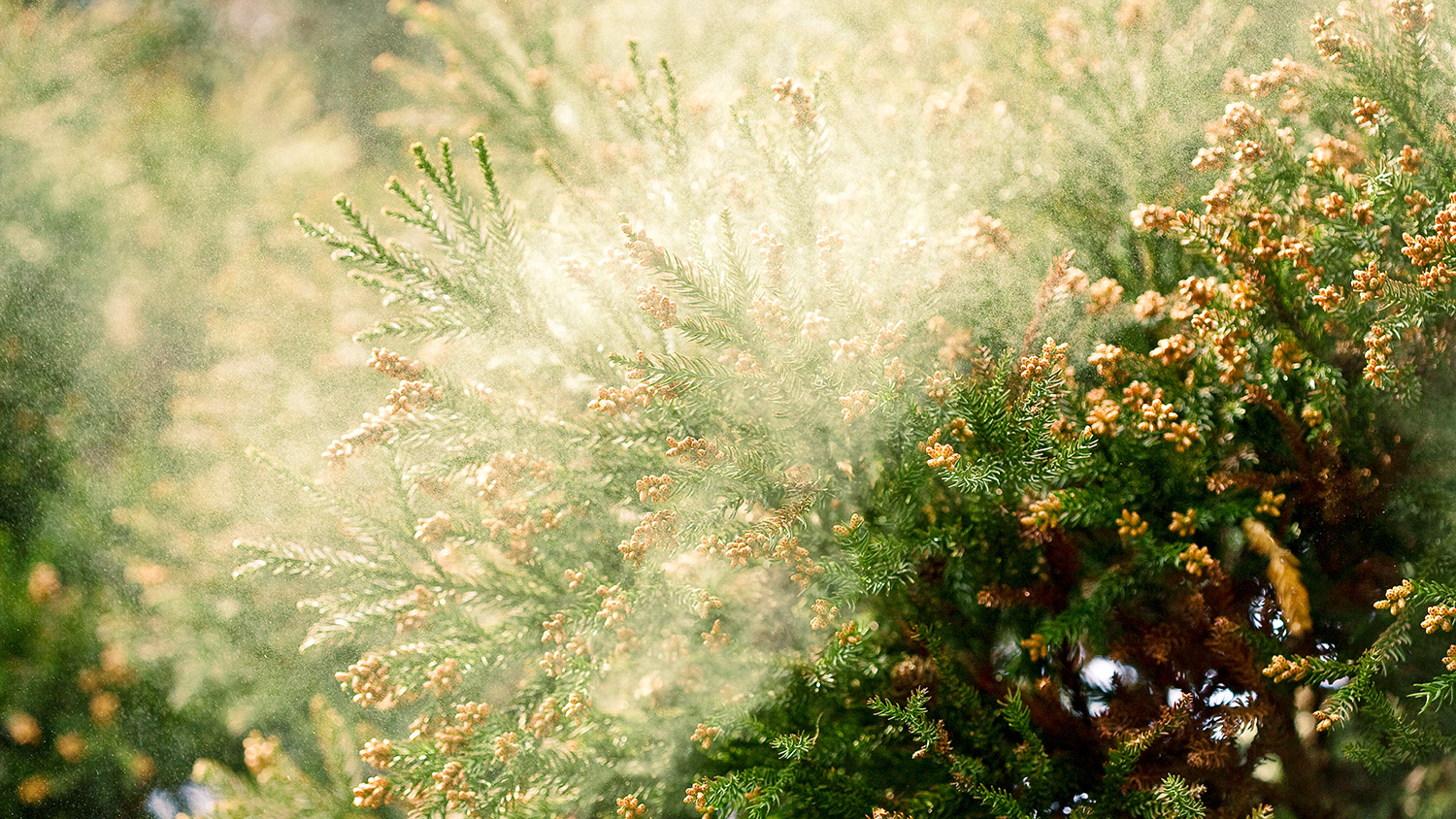
Seasonal Allergies Are Back, But Don’t Blame All Trees For Your Pollen Problems
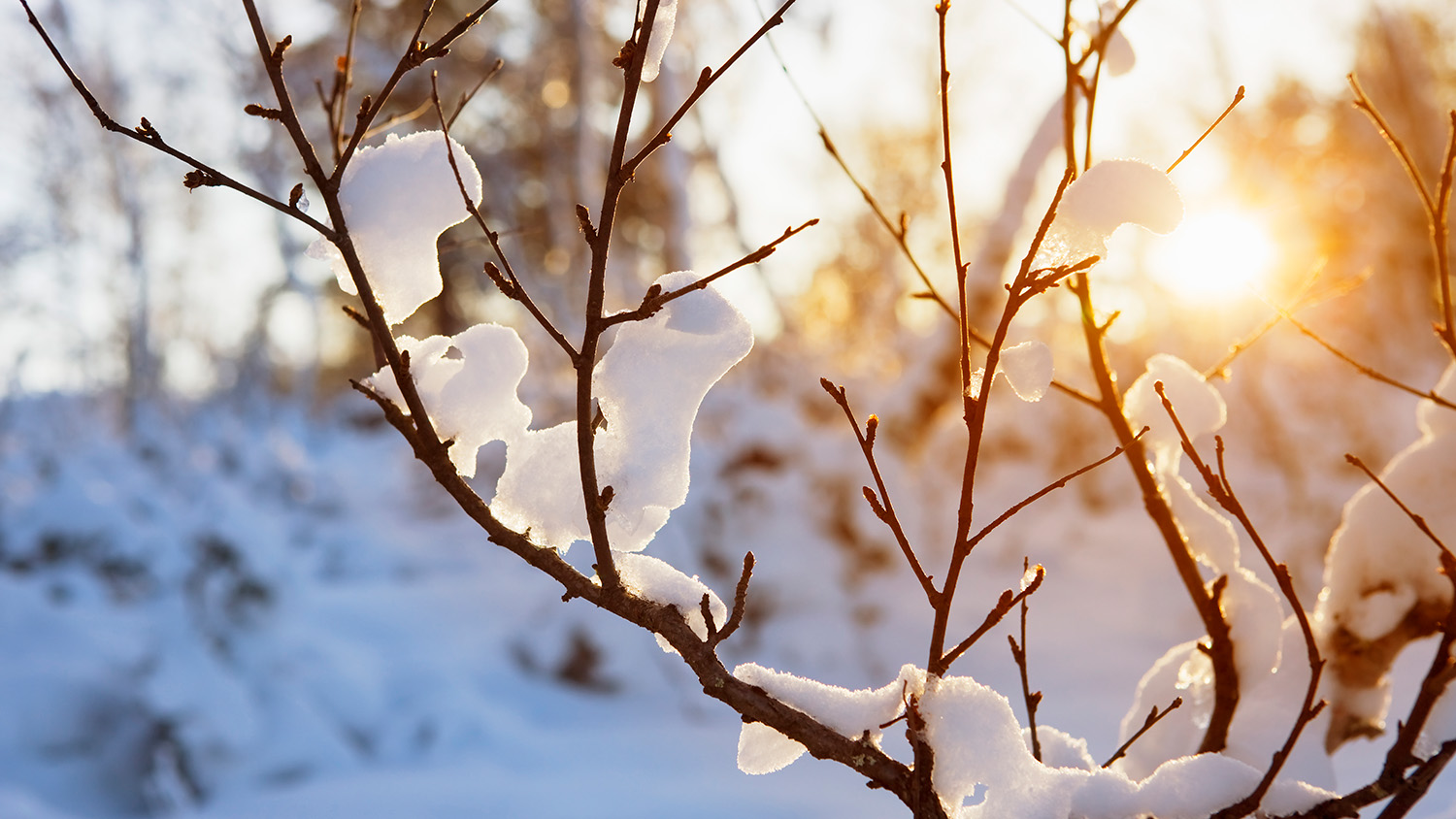
How Trees Survive in Winter
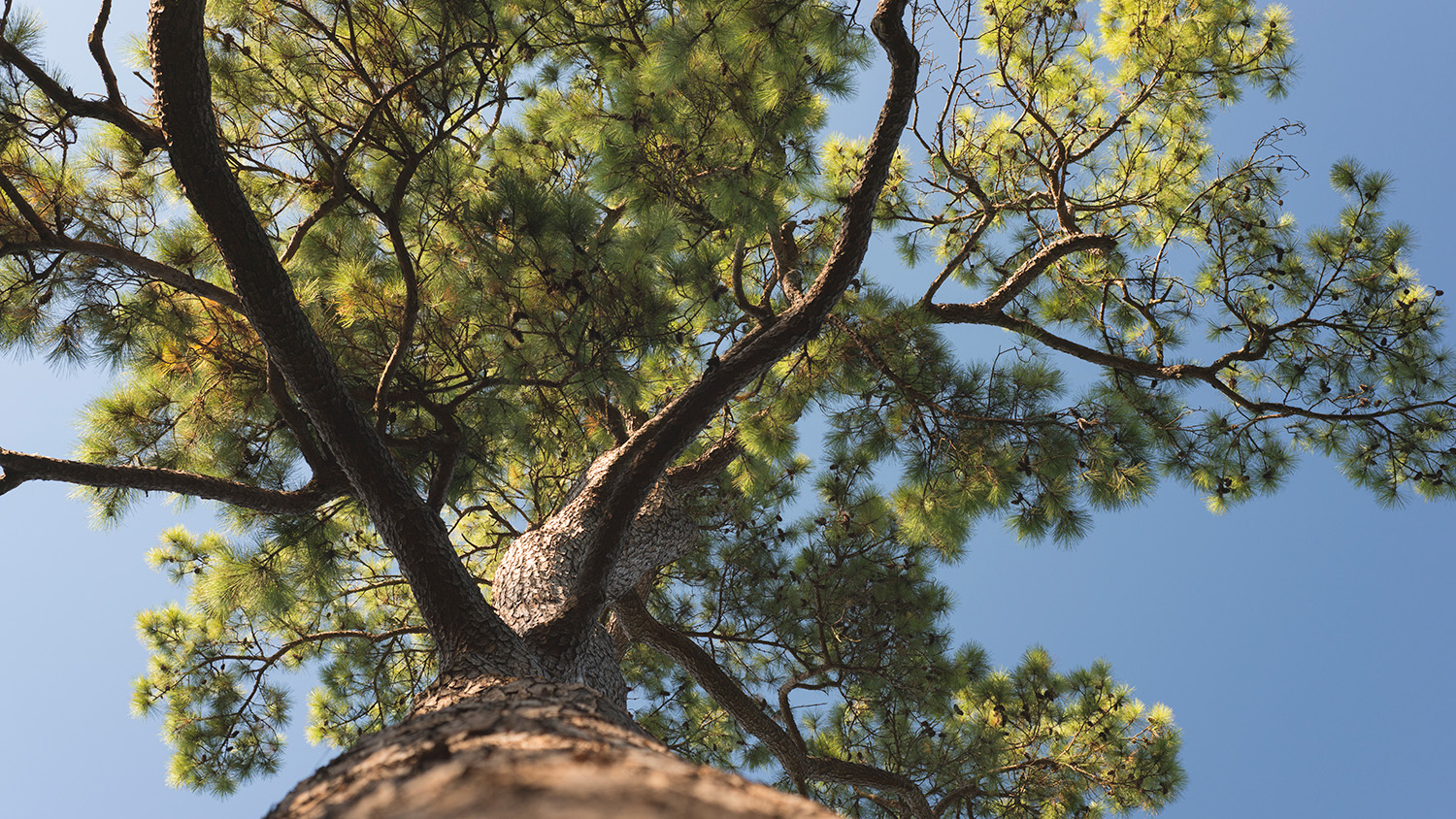
Can You Find the Witch’s Brooms? Forestry Experts Need Your Help
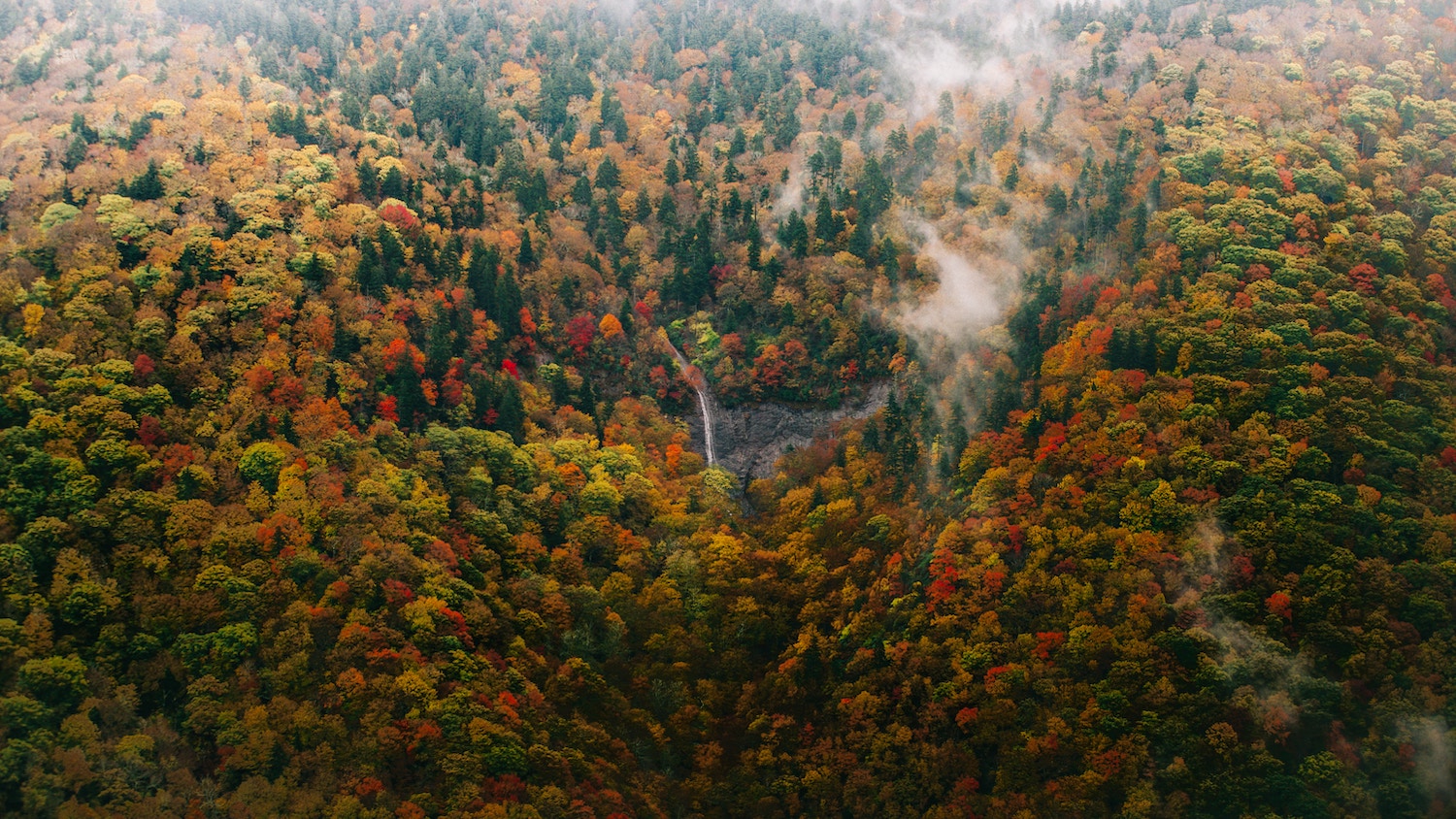
Fall Foliage in North Carolina: What to Expect This Year
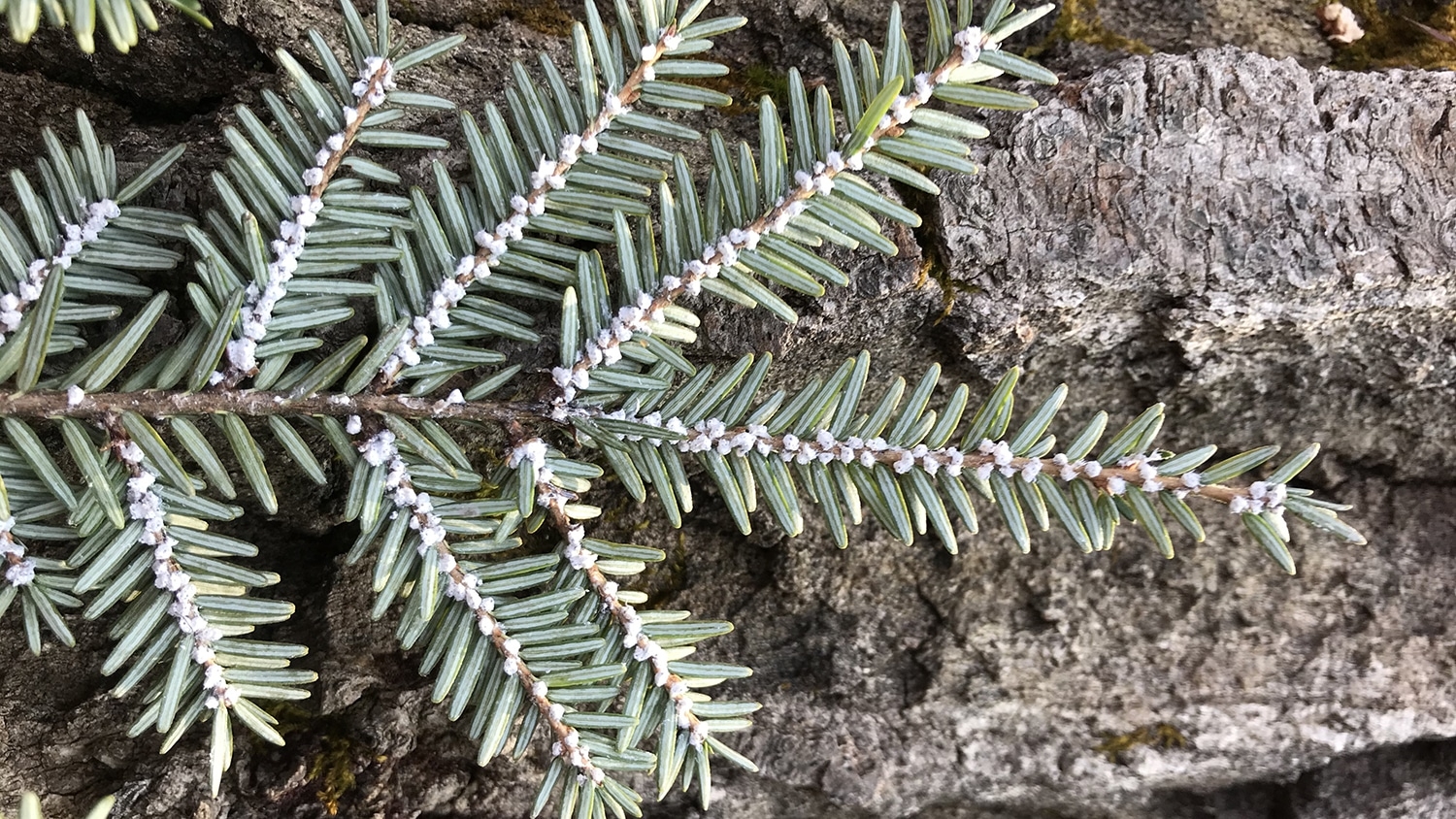
Canopy Gaps Help Eastern Hemlock Outlast Invasive Insect
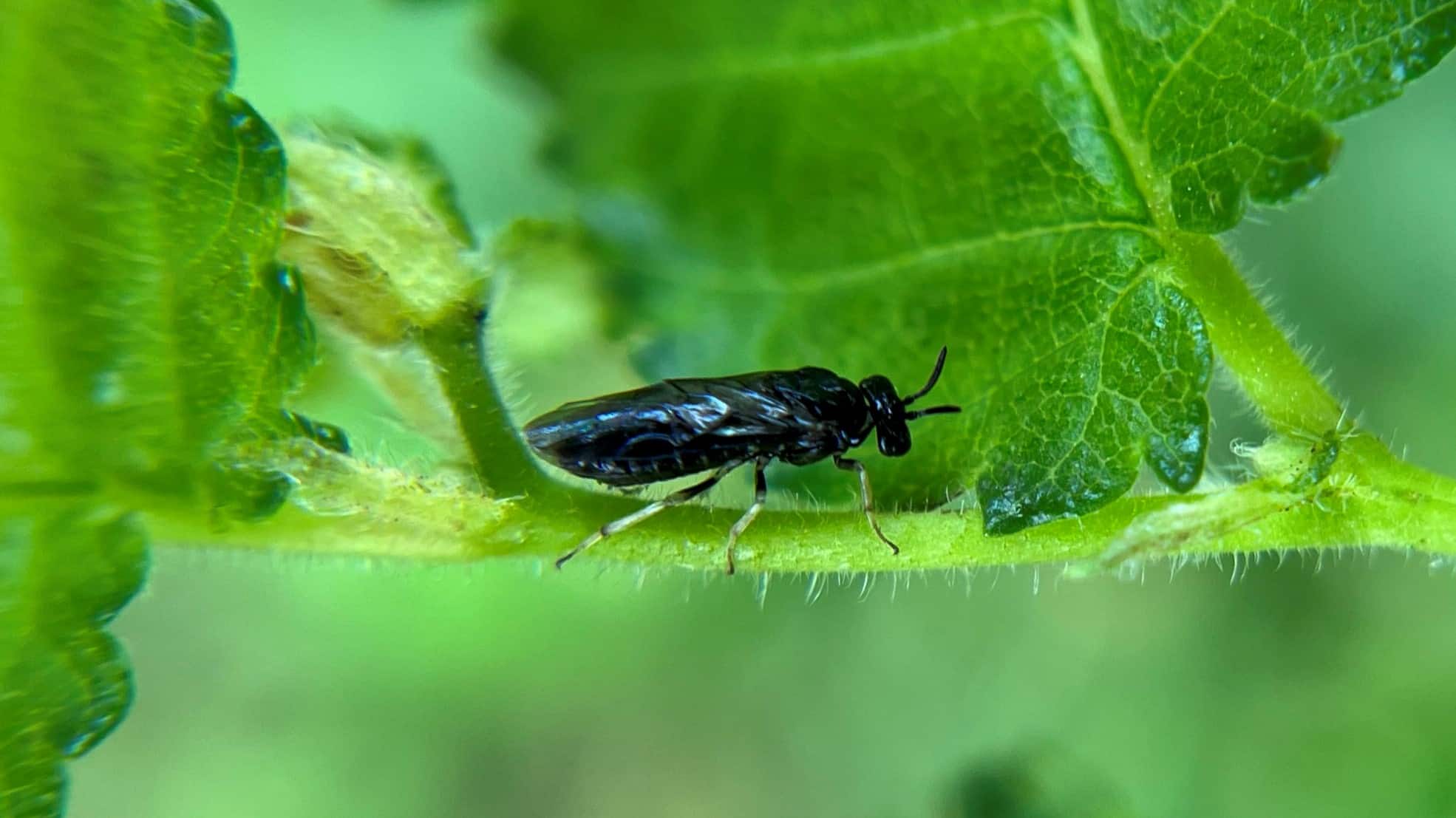
Researchers Tracking New Invasive Insect
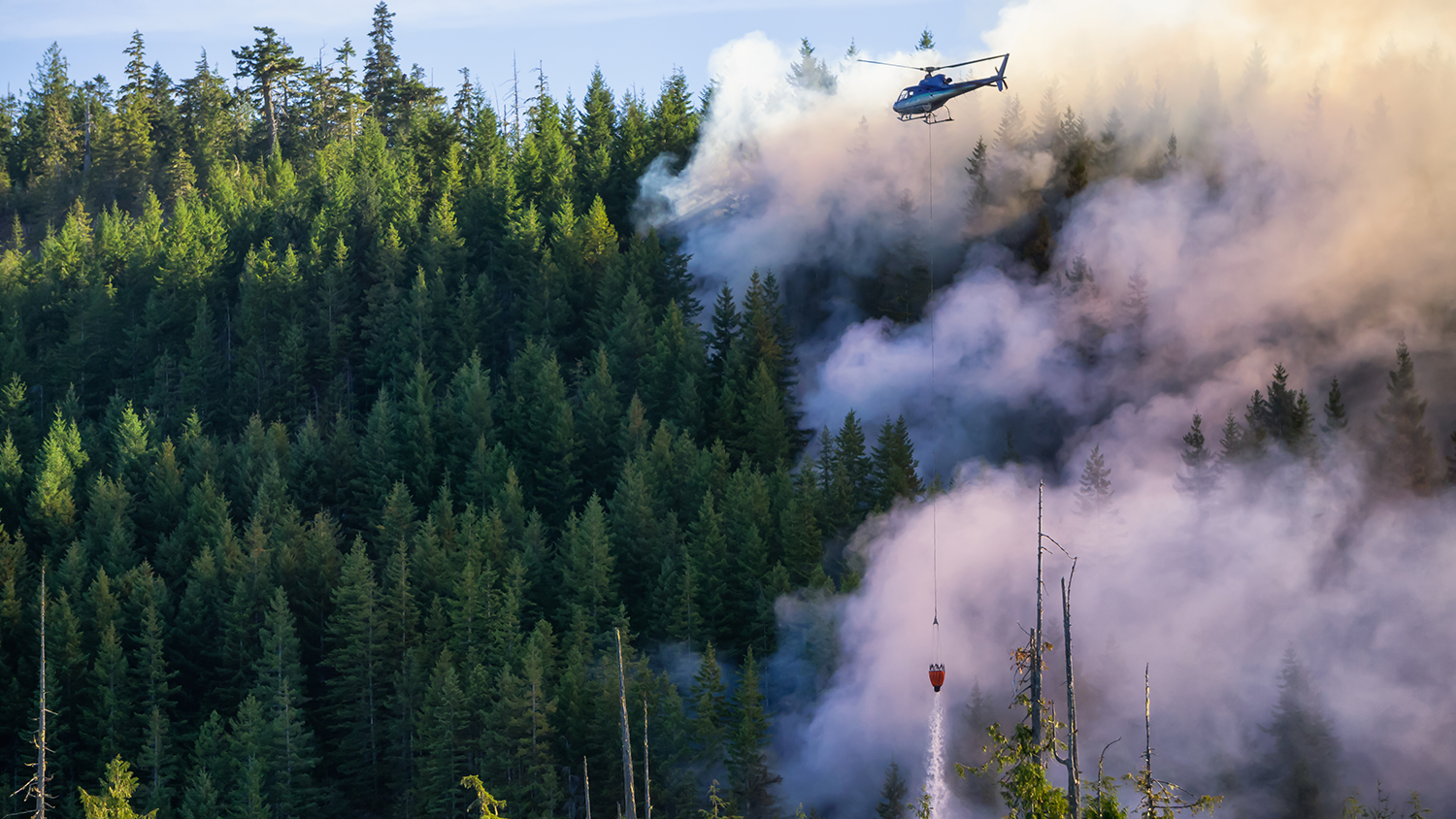
Why Canada’s Wildfires Are So Bad This Year
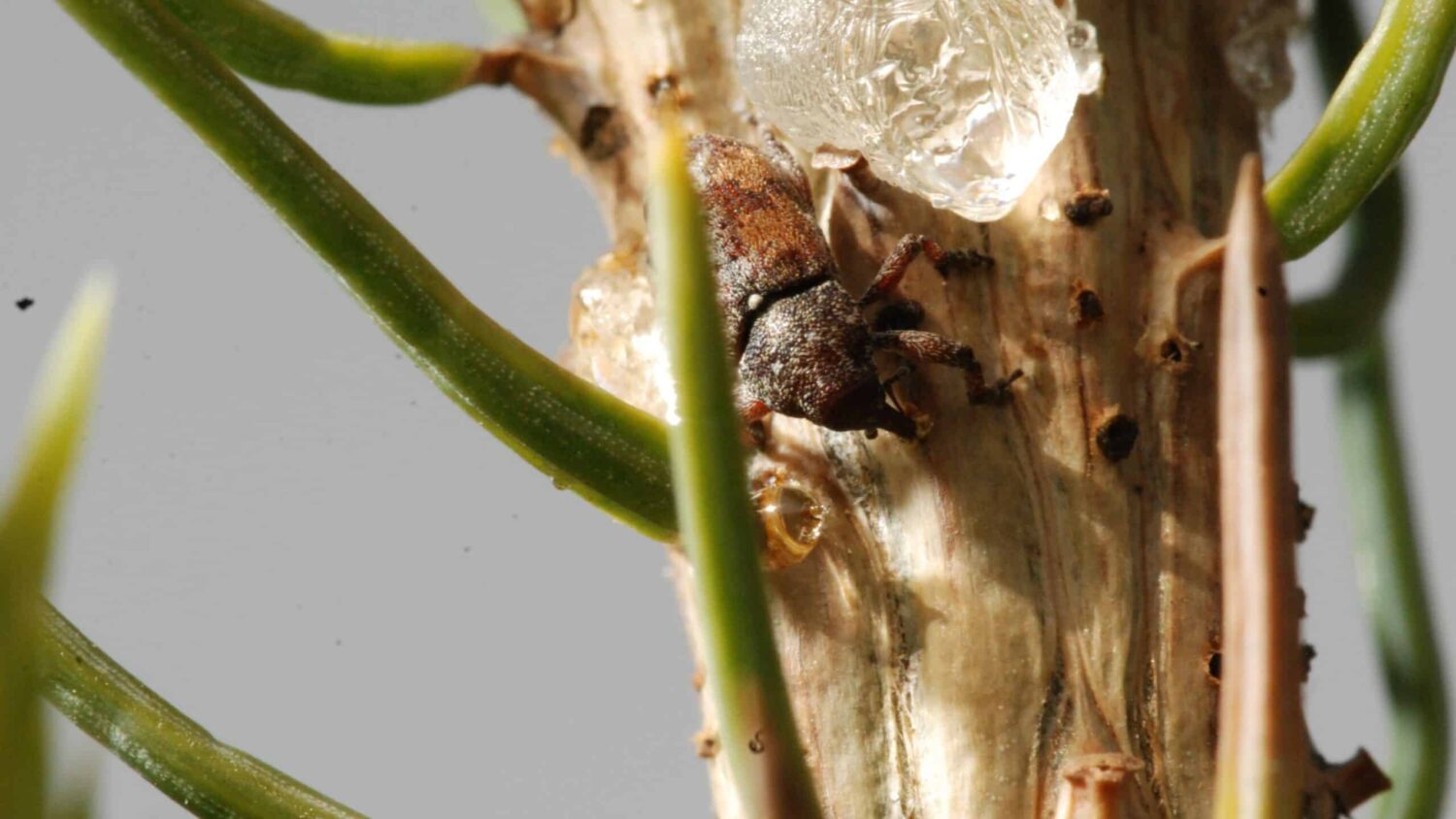
Study Reveals How a Tall Spruce Develops Defense Against Hungry Weevils
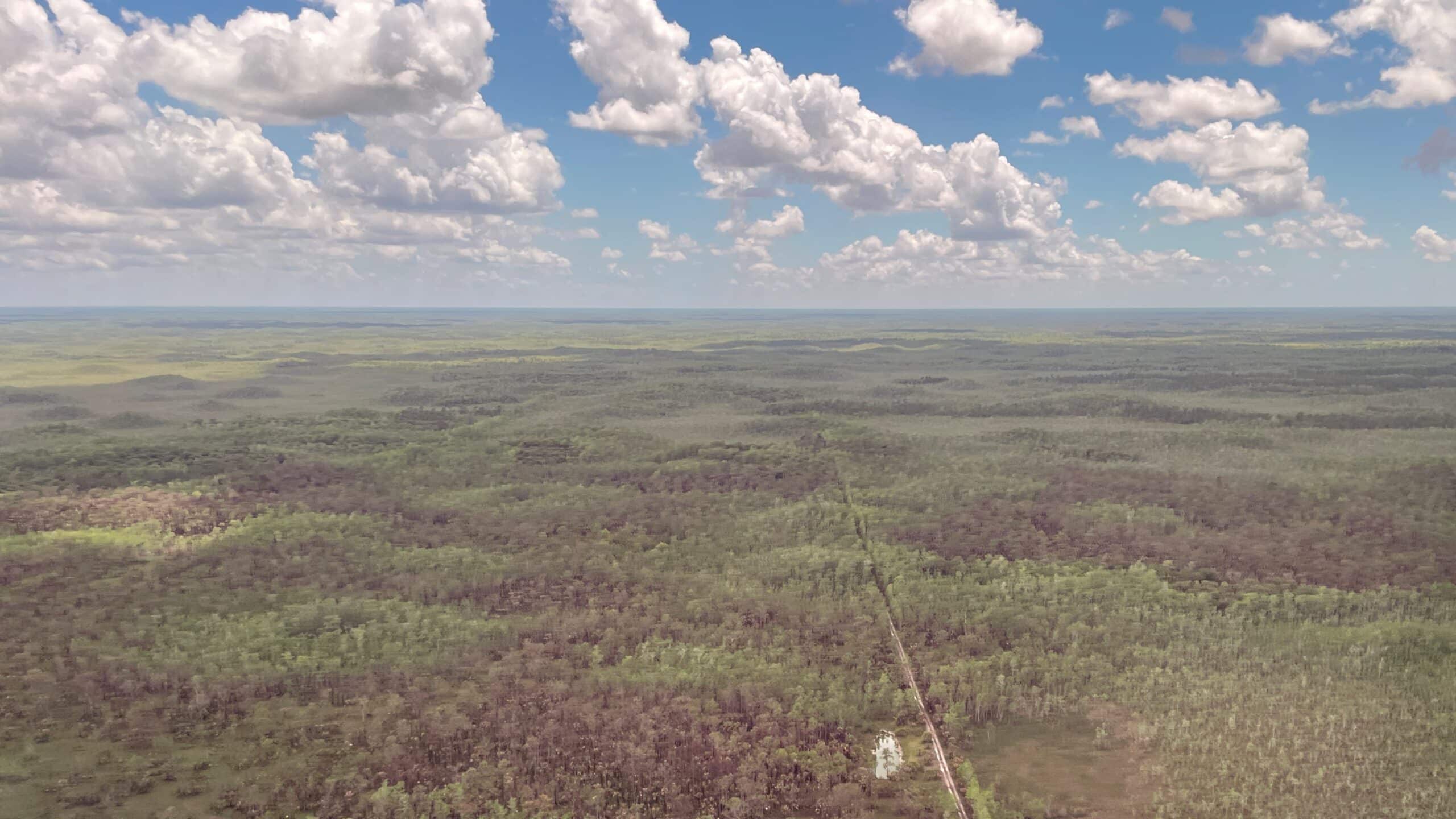
New Tool Maps South Florida Fire Risk Pixel by Pixel
